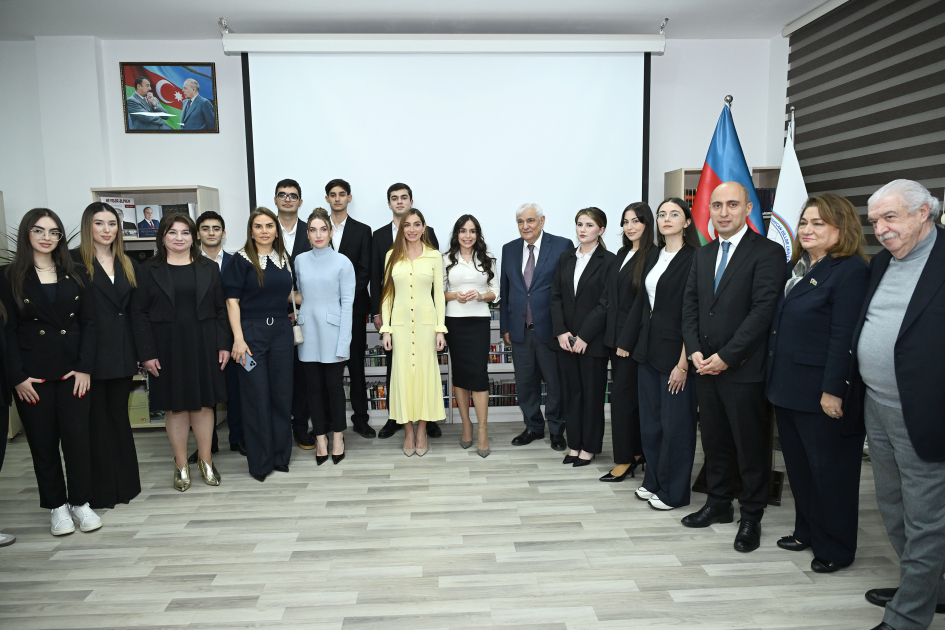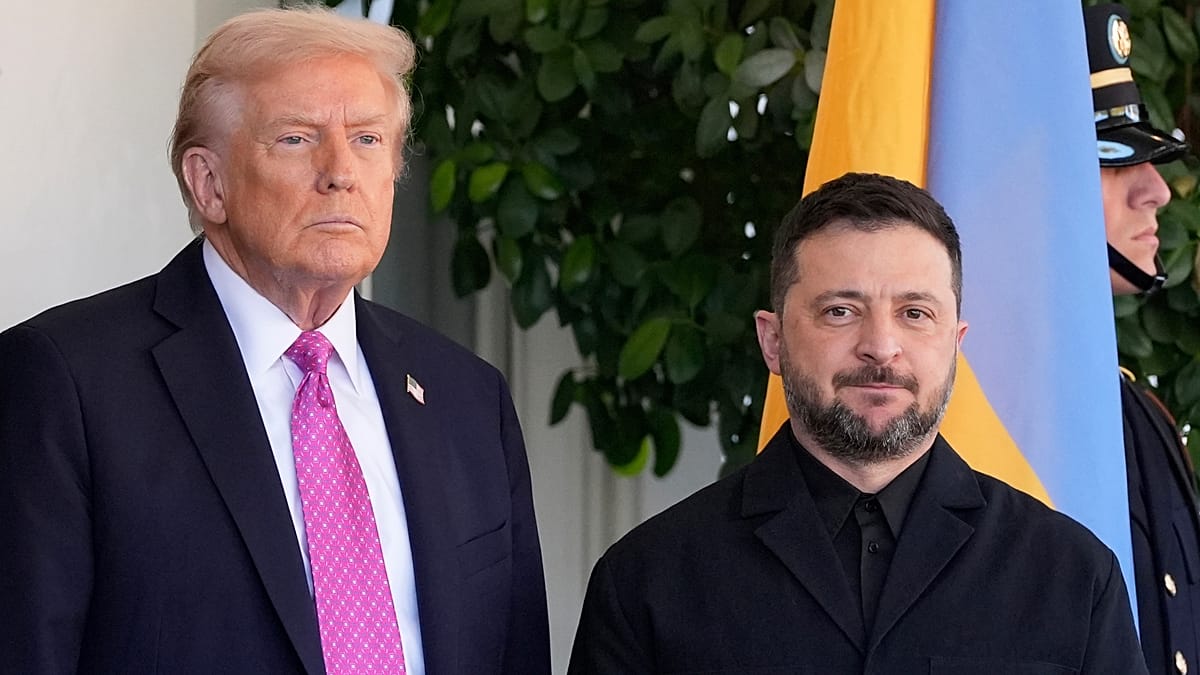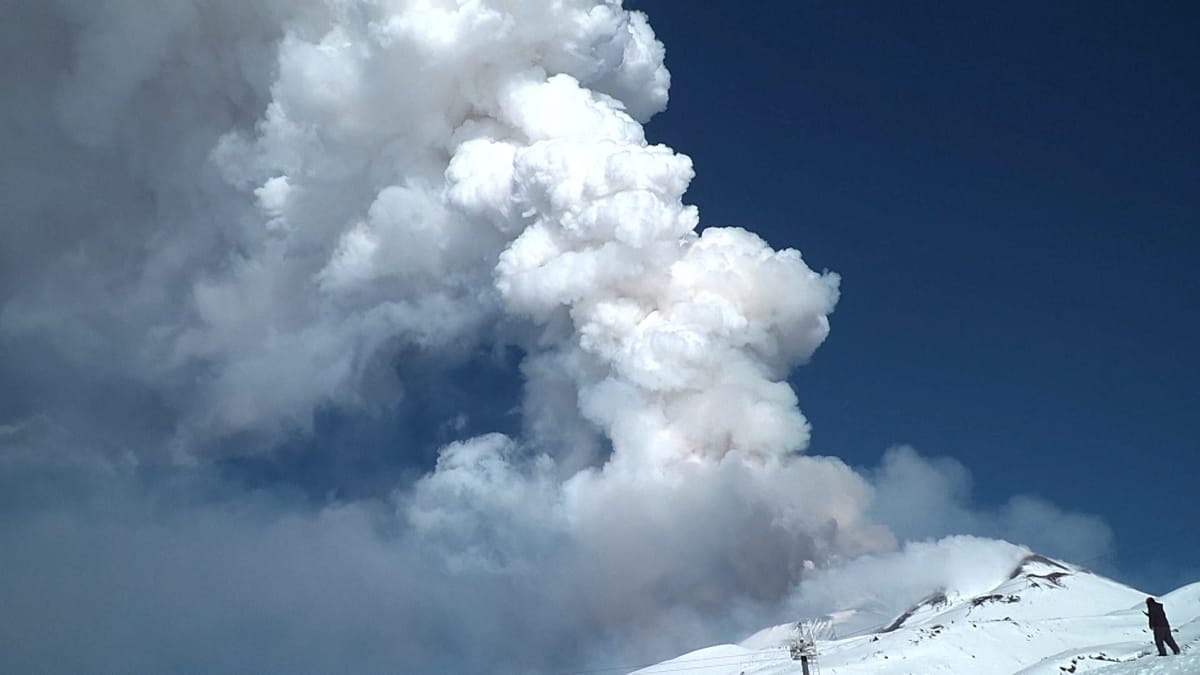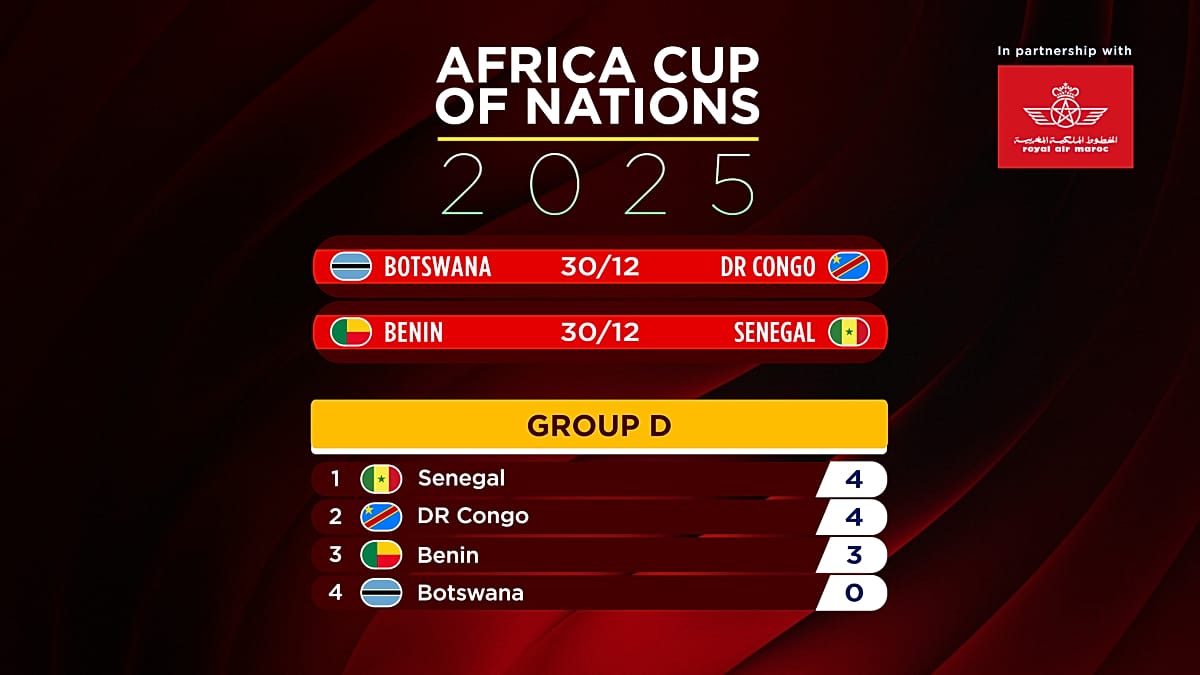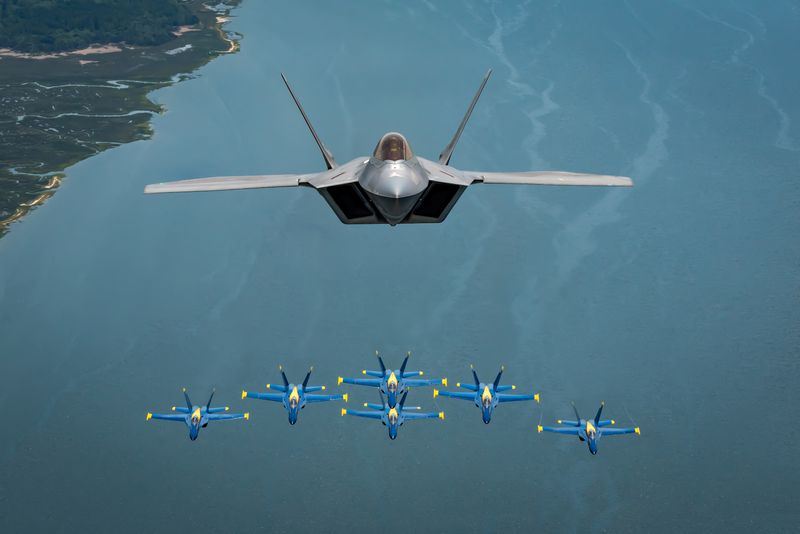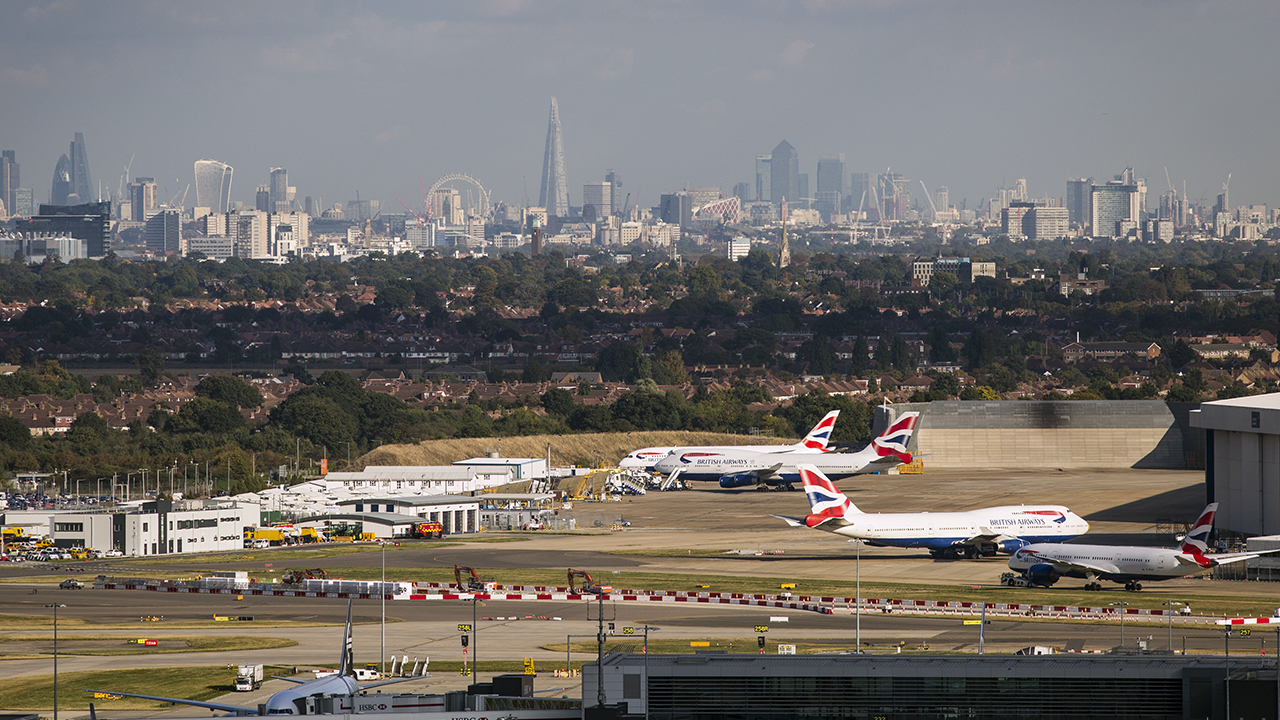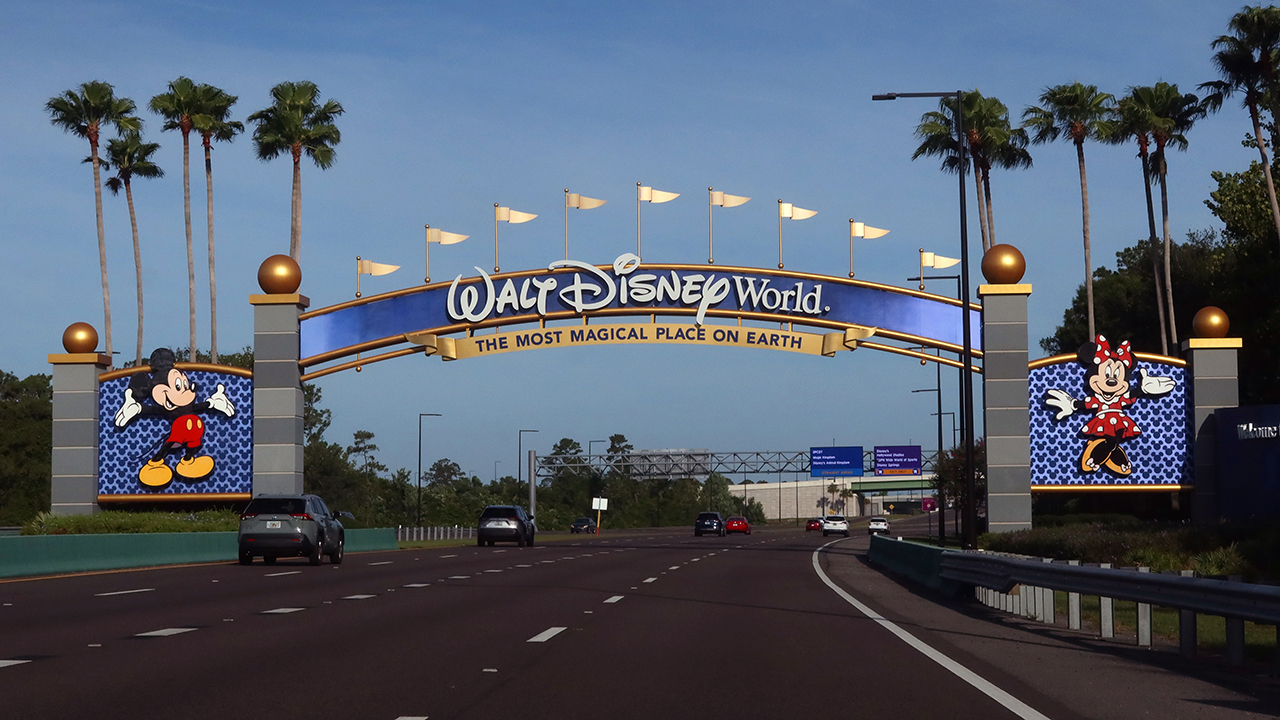Only 4% are in it for the money: What really drives Europe’s startup Founders?

Behind every glossy funding announcement that we publish here at EU-Startups, there lies an untold story of sleepless nights, strained relationships, and unrelenting pressure. A new Europe-wide study by VC Firm Antler lays bare the gritty reality of what it takes to build a tech company on this side of the Atlantic.
Based on insights from over 120 founders, the study reveals that 72% say becoming a Founder is the hardest thing they’ve ever done, and 75% report working more than 60 hours a week. Nearly one in five routinely push past the 80-hour mark.
This reality sharply contrasts the oft-repeated narrative that European Founders don’t hustle as hard as their American counterparts.
In Germany, for example, a staggering 94% of founders work over 60 hours a week, and 38% exceed 80. Daria Stepanova, Co-founder of Munich-based AIRMO, illustrates this dedication vividly: “You give up the illusion of a balanced life to build something that doesn’t exist yet — and probably shouldn’t exist without such obsession.” But her motivation is crystal clear: “If we can truly make methane emissions visible and actionable — we move the needle on climate in a real, measurable way.”
The costs of this ambition are steep. Founders report sacrificing time with loved ones (61%), taking salary cuts (36%), and enduring long stretches of burnout and self-doubt. Teo Ortega, Co-founder of Potsdam-based Family.cards, reflects: “Time — and the mental space that comes with it. Founding a company demands an unreasonable level of commitment. […] Sleep is another casualty — the constant pressure, worry, and mental load keep you awake.”
Perhaps most striking is that these sacrifices are rarely understood—let alone recognised. A full 62% of Founders said their families questioned their decision to walk away from stable careers. George Robinson, Co-founder of London-based Gladys and formerly a barrister, experienced this first-hand: “My family, particularly my parents, initially thought it was a terrible decision to leave a stable and reputable career. And yes, there have been moments of doubt.”
Despite this, 98% of Founders say they love what they do. The vast majority aren’t chasing riches—only 4% cited financial reward as their main motivation. Instead, they’re driven by the opportunity to build something that matters. , Co-founder of Leiden-based RespiQ, puts it simply: “I’m driven by the belief that RespiQ can make a tangible difference in people’s lives. […] My children are my greatest motivation. They remind me why perseverance matters.”
Wendi Lai, Co-founder of Oslo-based ImportFlow, shares a similar sentiment: “Knowing that what I do each day directly moves the business forward is motivating. The chance to create value on my own terms and to build something that will solve a real problem.”
Lai’s story echoes those of many others who have moved countries, adjusted lifestyles, and worked through countless setbacks for the promise of building something with impact.
As Alan Poensgen, Partner at Antler, points out, founders deserve more than admiration—they deserve understanding: “In Europe, you are more likely to be an Olympic medalist than the founder of a unicorn company. […] Yet we expect Founders to have ‘normal’ lives while they’re trying to achieve something extraordinary.”
But recognition remains rare. A sobering 73% of founders feel their commitment isn’t acknowledged. Danyal Özdüzenciler, Co-founder of London-based Capsa AI, articulates it well: “People often see the headlines but not the sleepless nights or personal risks behind them. Founders pour so much into an idea—financially, emotionally, mentally—and the resilience it takes is pretty extraordinary.”
Still, what’s perhaps most inspiring is how Founders are learning to adapt. They are finding ways to protect their mental health, improve performance, and sustain their momentum.
For some, like Stepanova, it means learning to manage energy over time: “You can’t sprint forever — performance is about sustainability. […] You start managing your energy more than your time, say no more often, and hire people smarter than you.”
Others point to the importance of self-awareness and perspective.
Robinson has found that “As a leader, it’s vital to recognise when I have the energy to push through and when it’s time to step back. Working in short bursts of focused energy is far more effective than burning out.” Ortega, too, highlights the mental shift required: “Learning to manage pressure in a way that fuels progress without leading to burnout or paralysis.”
What emerges from these voices is a shared conviction: that being a Founder is less about ego or optics, but perseverance. It’s a job with high personal costs, but one that can find backing in purpose.
The post Only 4% are in it for the money: What really drives Europe’s startup Founders? appeared first on EU-Startups.

